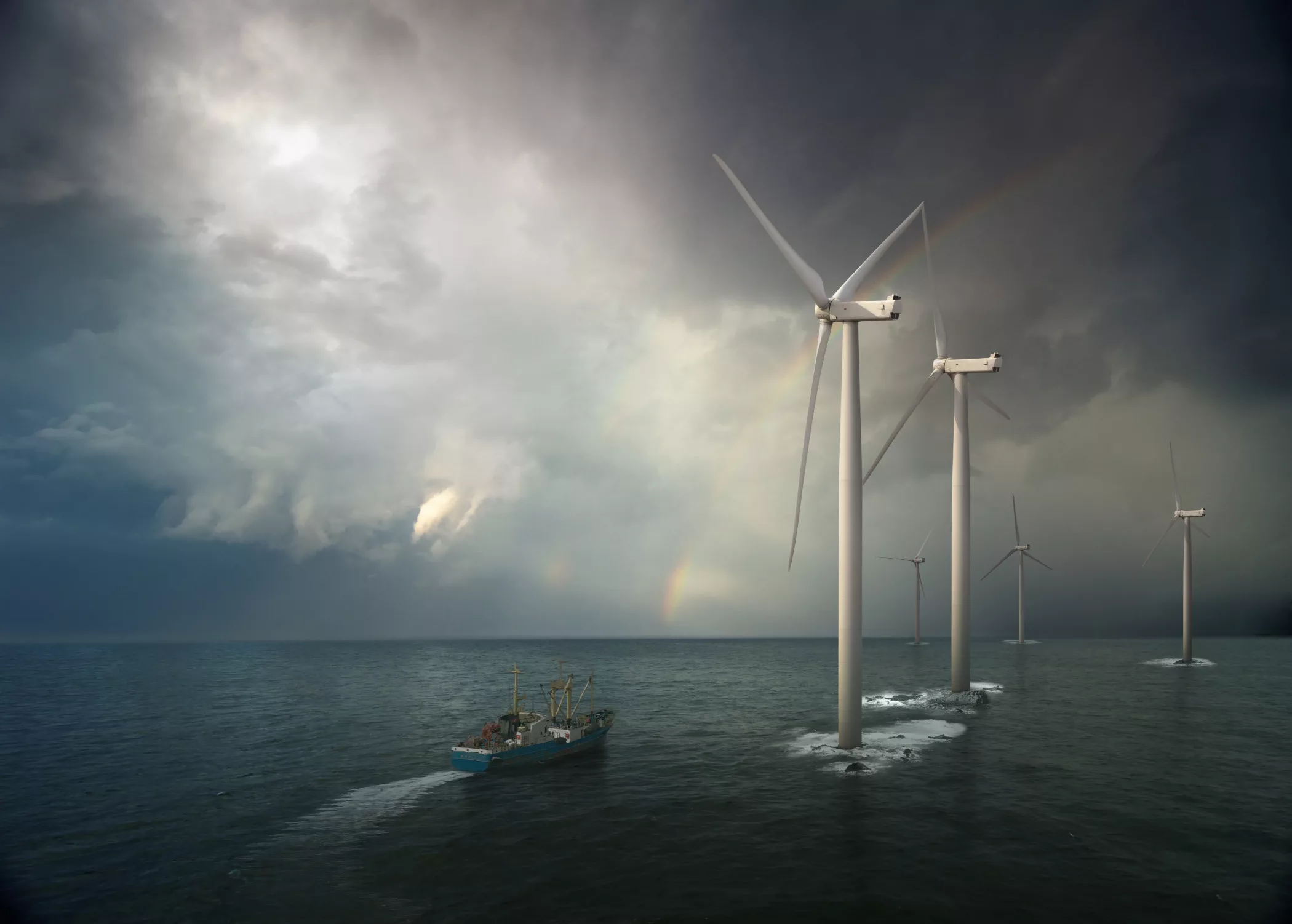The International Maritime Organization (IMO) has set ambitious targets to reduce greenhouse gas emissions in the shipping industry by 2050, with e-mobility playing a key role in achieving sustainability. Industrial bearings are essential components in electrified vessels, supporting the high-performance and sustainable operations required for long-range travel. Forecasts predict significant growth in the global electric ship market, highlighting the importance of choosing the right bearings to optimize performance and reduce maintenance costs.
Industrial bearings play critical roles in electric propulsion systems for maritime transportation, supporting efficiency, reducing friction, and maintaining stability. They are used in electric motors, propeller shafts, gearboxes, and auxiliary systems to ensure smooth operation and power transfer. When selecting bearings for e-ships, factors such as load capacity, corrosion resistance, and compatibility with power supply systems must be carefully considered. Materials like stainless steel, ceramics, and acetal resin are commonly used for bearings in harsh marine environments.
While ceramic bearings offer superior corrosion resistance and durability in extreme conditions, they are more expensive than steel bearings and may be more brittle. Steel bearings are more cost-effective and can withstand heavy shock loads, making them suitable for less hostile environments. As the maritime industry transitions towards electric propulsion systems, selecting the right bearings tailored to marine environments will be crucial for the success of electrified vessels. Companies like SMB Bearings offer expertise in providing industrial bearings designed for maritime applications, supporting a more environmentally conscious and efficient era of maritime transportation.







